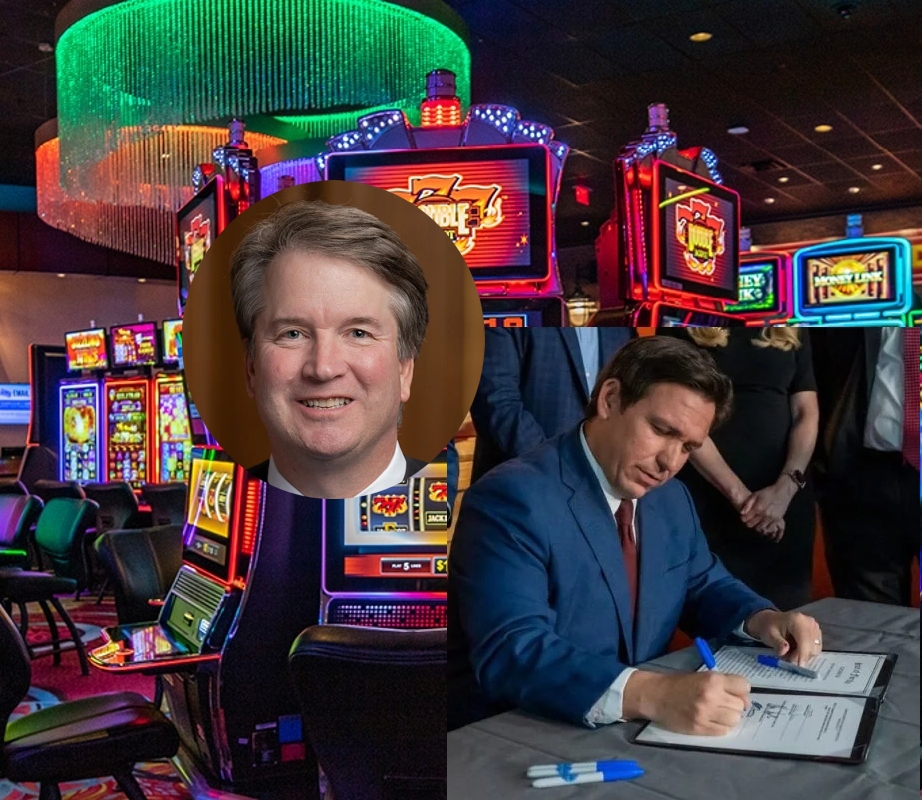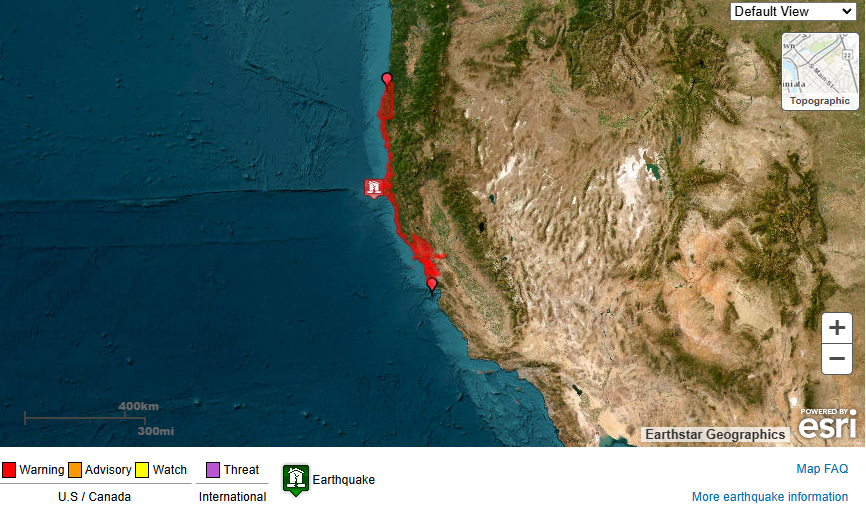The historic 2021 Gaming Compact between the State of Florida and the Seminole Tribe of Florida that was approved by the U.S. Department of the Interior will not be overturned. This monumental agreement, touted as the largest gaming compact in history, commits the Seminole Tribe to a guaranteed minimum payment of $2.5 billion to the state over the first five years. The agreement promises to generate a significant economic boost, with an estimated $6 billion in new revenue projected through 2030.
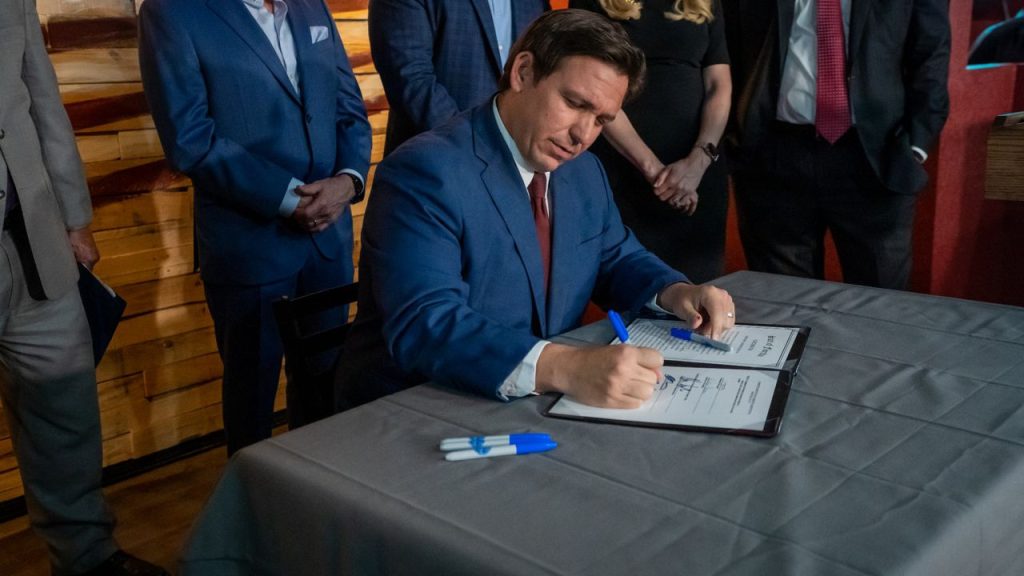
Governor Ron DeSantis lauded the final approval of the compact, emphasizing its potential to transform Florida’s economy. He expressed confidence that the agreement would bolster tourism, expand recreational opportunities, and funnel billions in revenue to benefit Floridians across the state. DeSantis extended his gratitude to key figures involved in the negotiations, including Seminole Tribe Chairman Marcellus Osceola Jr., Senate President Wilton Simpson, and House Speaker Chris Sprowls, acknowledging their pivotal roles in realizing the historic deal.

The compact’s future was in jeopardy, particularly surrounding the provision granting the Seminole Tribe exclusive rights to operate mobile sports wagering and casino gambling in Florida. The compact’s opponents, including West Flagler Associates and Bonita-Fort Myers Corporation, contended that this arrangement infringed on the Indian Gaming Regulatory Act. They argued that online bets, although routed through servers on tribal land, were essentially being placed outside the reservations, thus violating federal law.
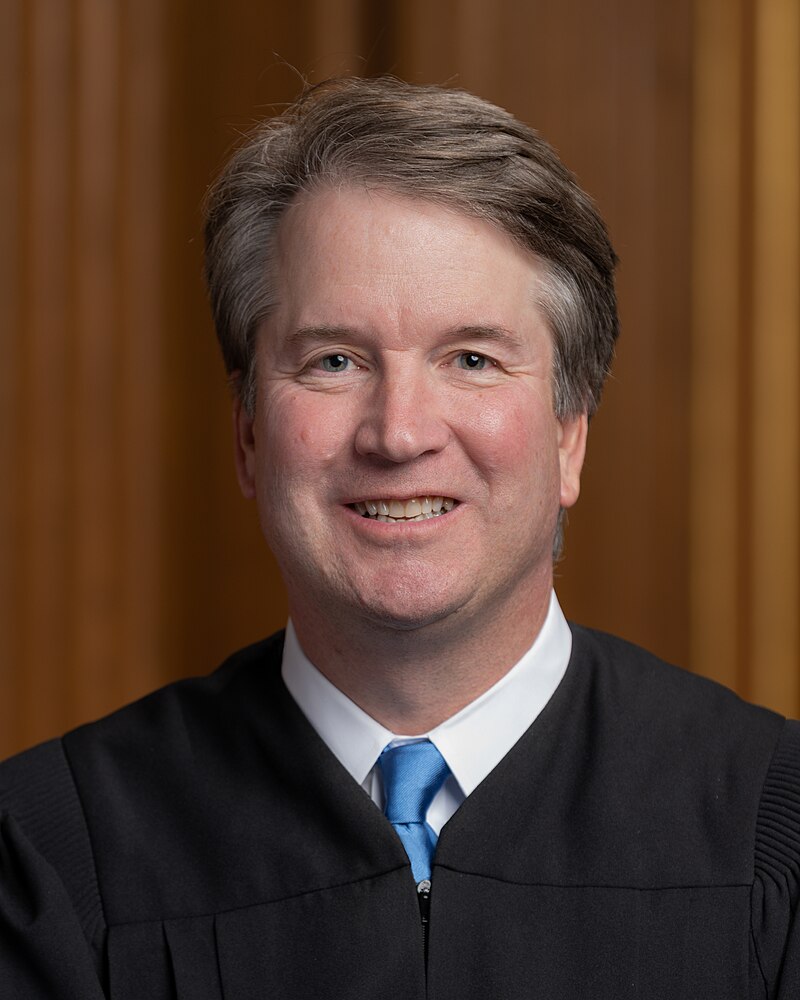
In a dramatic turn of events, the U.S. Supreme Court chose not to take up the case against the compact. Justice Brett Kavanaugh, known for his previous comments hinting at support for the challengers, was overruled by his colleagues. The court’s order list showed a denial of the petition from the rival gaming entities, effectively ending their legal bid to invalidate the compact. Notably, Justice Ketanji Brown Jackson abstained from the decision due to her prior involvement in related appellate court rulings.
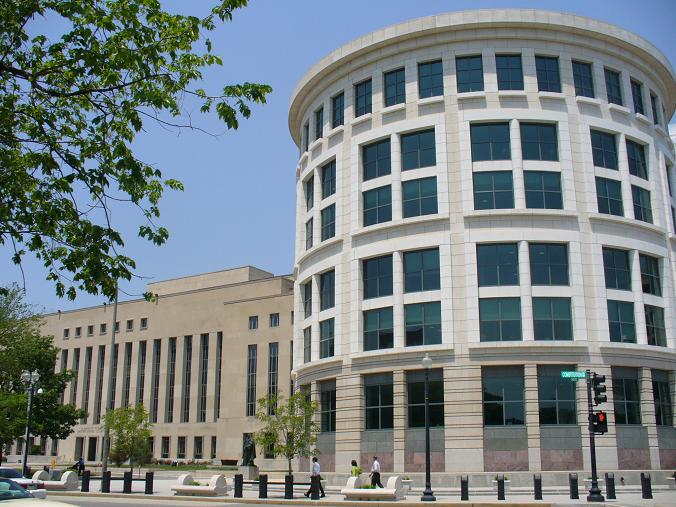
The U.S. Court of Appeals for the District of Columbia had previously overturned a lower court’s decision that sided with the gaming competitors. The lower court had found the compact in violation of the Indian Gaming Regulatory Act, but the appellate court’s reversal allowed the Seminole Tribe to continue accepting online wagers. This ruling was a pivotal victory for the Tribe, enabling it to move forward with its plans for a robust gaming operation.

Gary Bitner, spokesperson for the Seminole Tribe, celebrated the Supreme Court’s decision not to consider the case. He highlighted the positive impact the compact would have on both the Tribe and Floridians, reinforcing the notion of a promising future fostered by this agreement. The Tribe’s leadership sees the compact as a cornerstone for future growth and prosperity, both for their community and the state at large.

In 2021, Governor DeSantis signed legislation approving the compact, which not only focuses on gaming revenue but also allocates substantial funds to environmental and conservation efforts. This includes significant investments in land acquisition, wildlife preservation, and waterway protection. The compact is designed to balance economic growth with ecological responsibility, a commitment that has garnered broad support across various sectors.

Since the Tribe’s launch of its online sports betting operation in late 2023, the financial benefits are already beginning to materialize. Florida’s share of the projected 2024 revenues exceeds $120 million, indicating a robust start for the state under the terms of the compact. This early financial success underscores the compact’s potential to be a game-changer for Florida’s economic landscape.
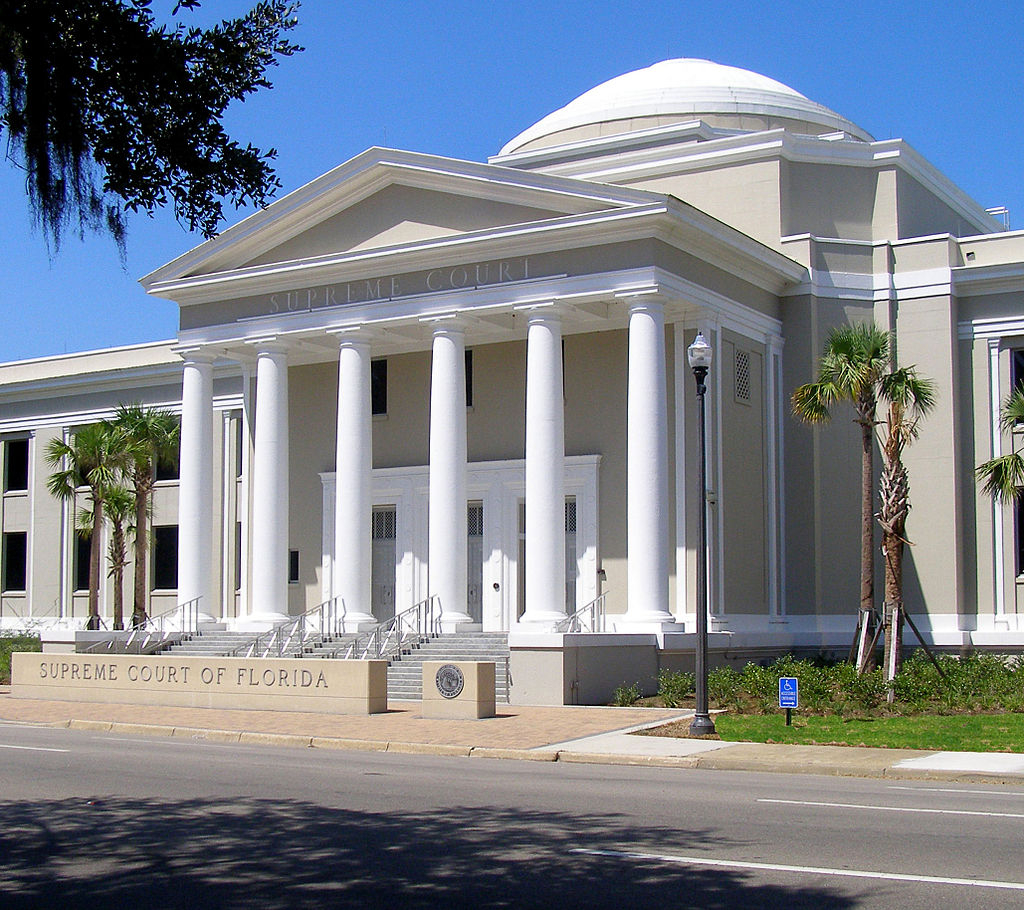
Despite the forward momentum, the rival firms continue their legal battle in the Florida Supreme Court, challenging the perceived monopoly granted to the Seminole Tribe. They argue that the compact circumvents the 2018 state constitutional amendment, which mandates a citizens’ initiative for any expansion of casino gambling beyond tribal lands. This ongoing litigation highlights the complex interplay between state regulations, tribal sovereignty, and competitive business interests in Florida’s gaming industry.
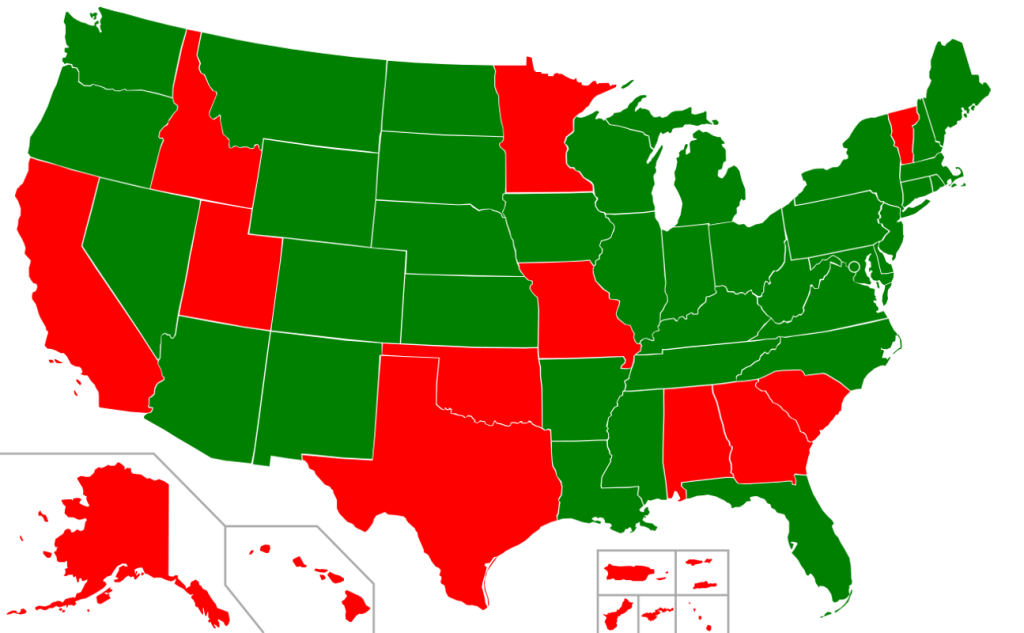
As the compact continues to unfold, it stands as a testament to the intricate negotiations and legal wrangling that define modern gaming agreements. The outcome of this landmark deal will likely shape the future of gaming not only in Florida but could also set a precedent for similar compacts nationwide. For now, both the Seminole Tribe and the State of Florida look toward a future enriched by this historic agreement. Online sports gambling is safe in the state of Florida for now.

